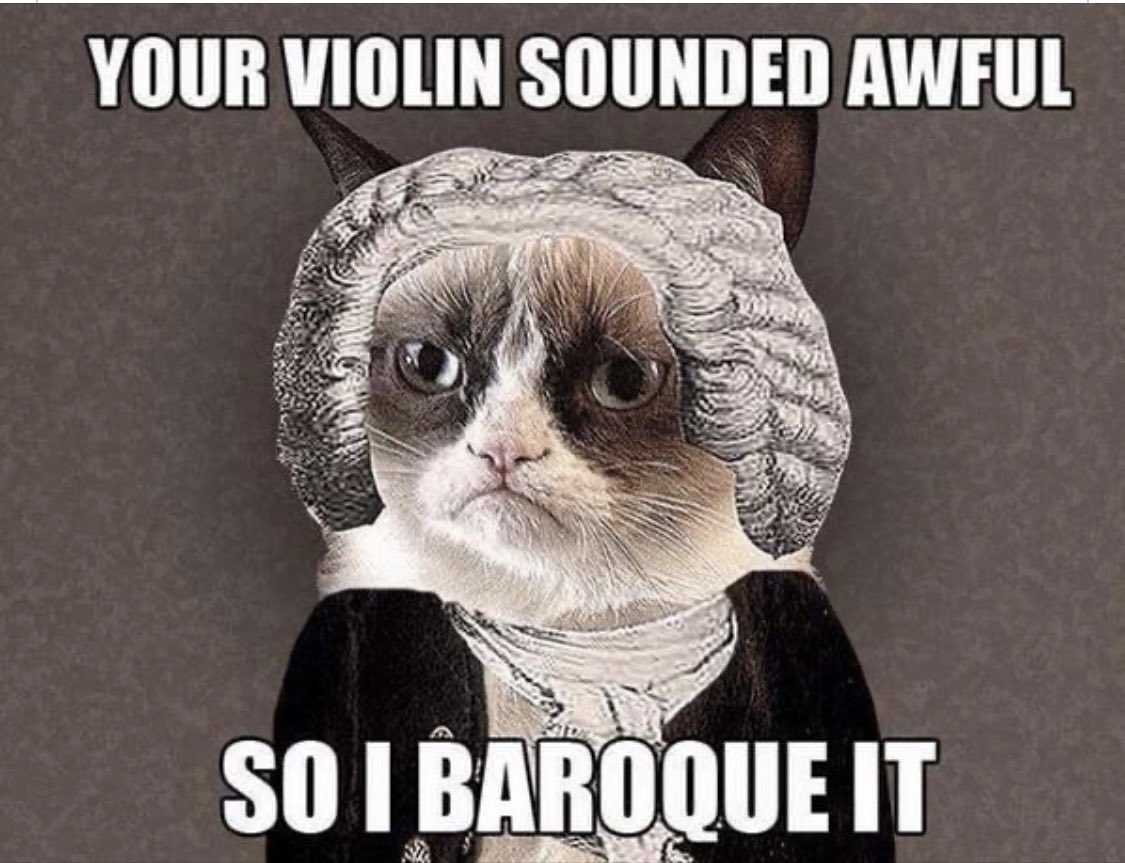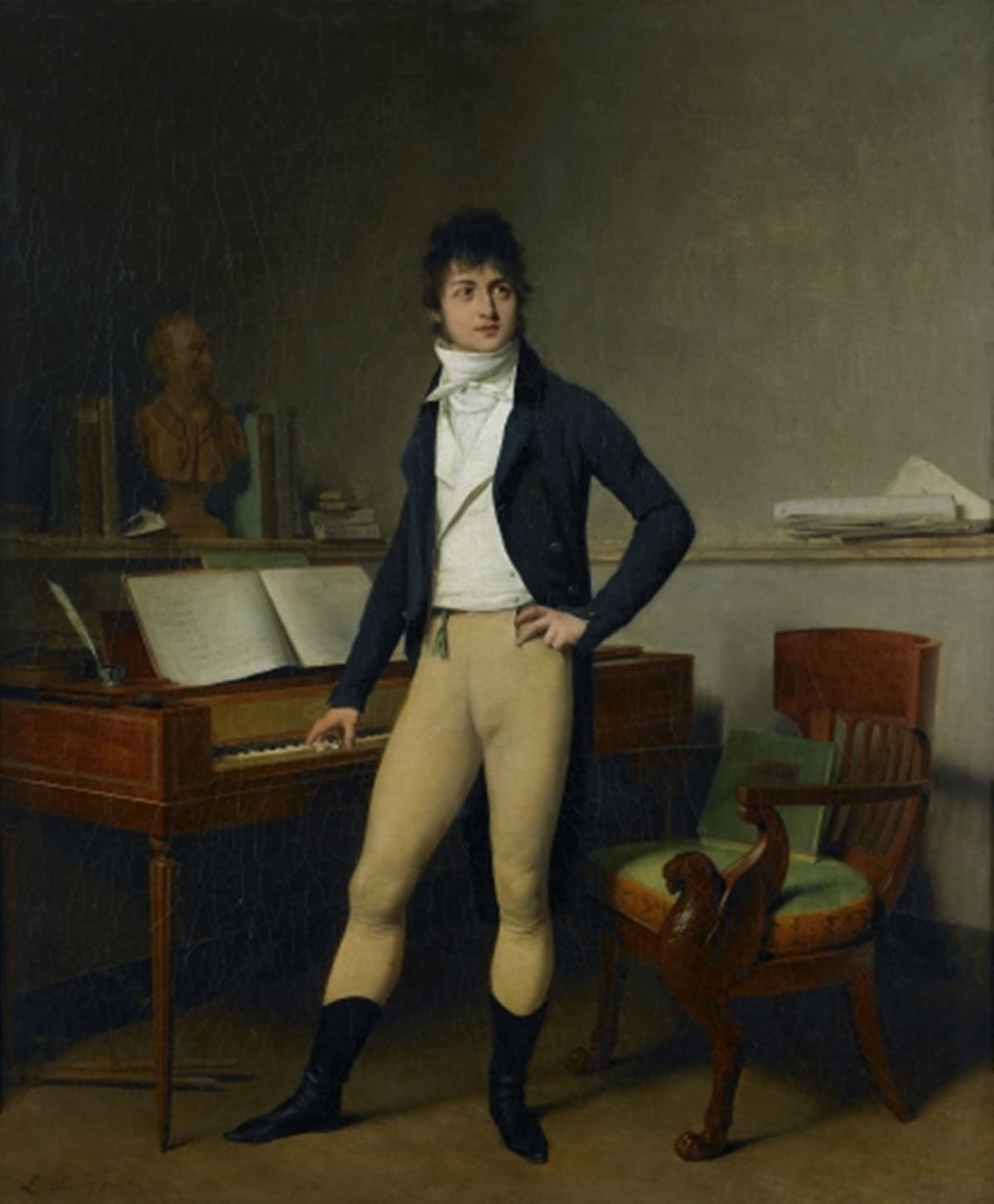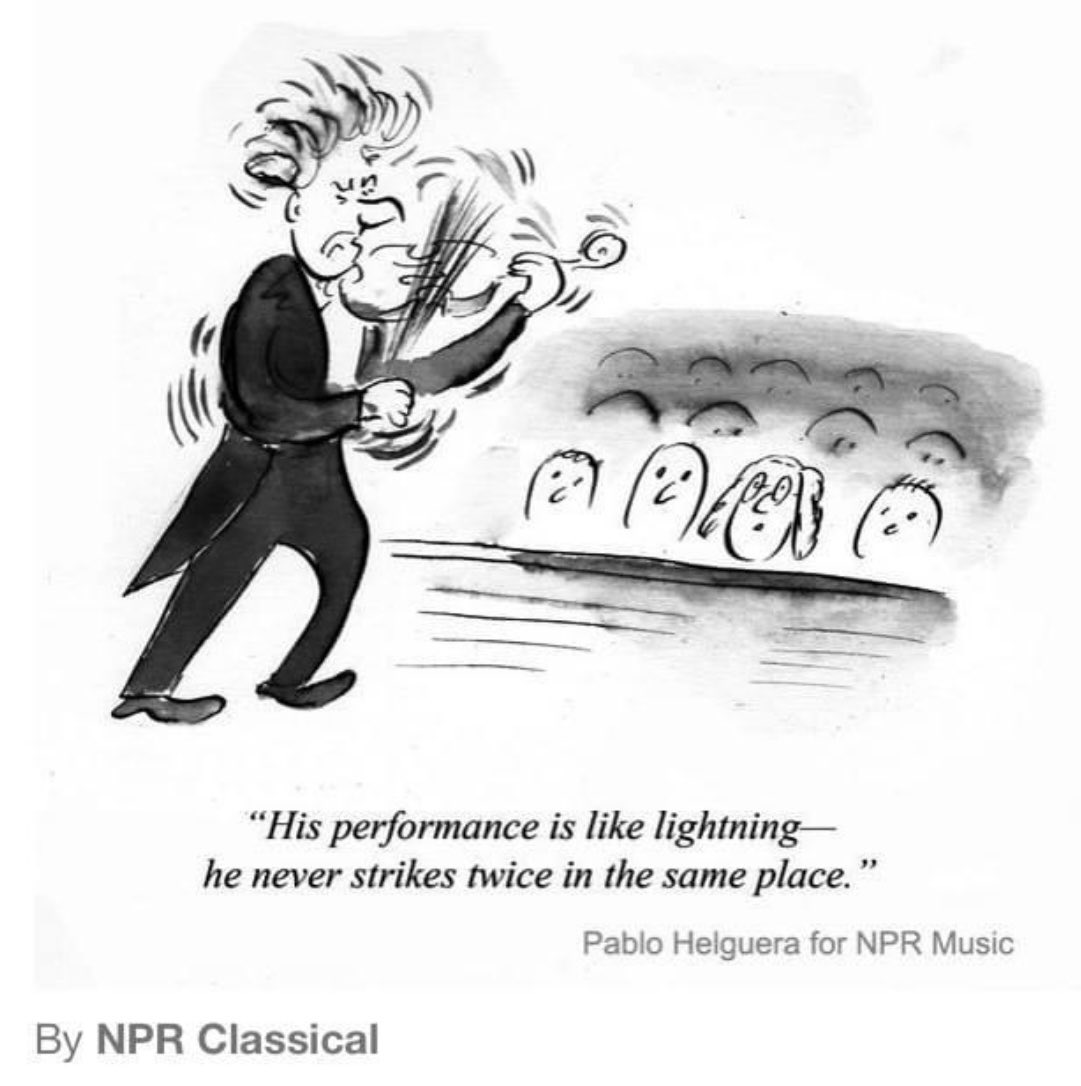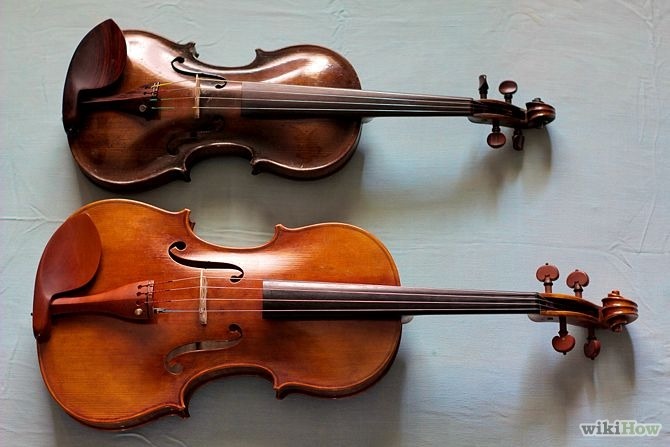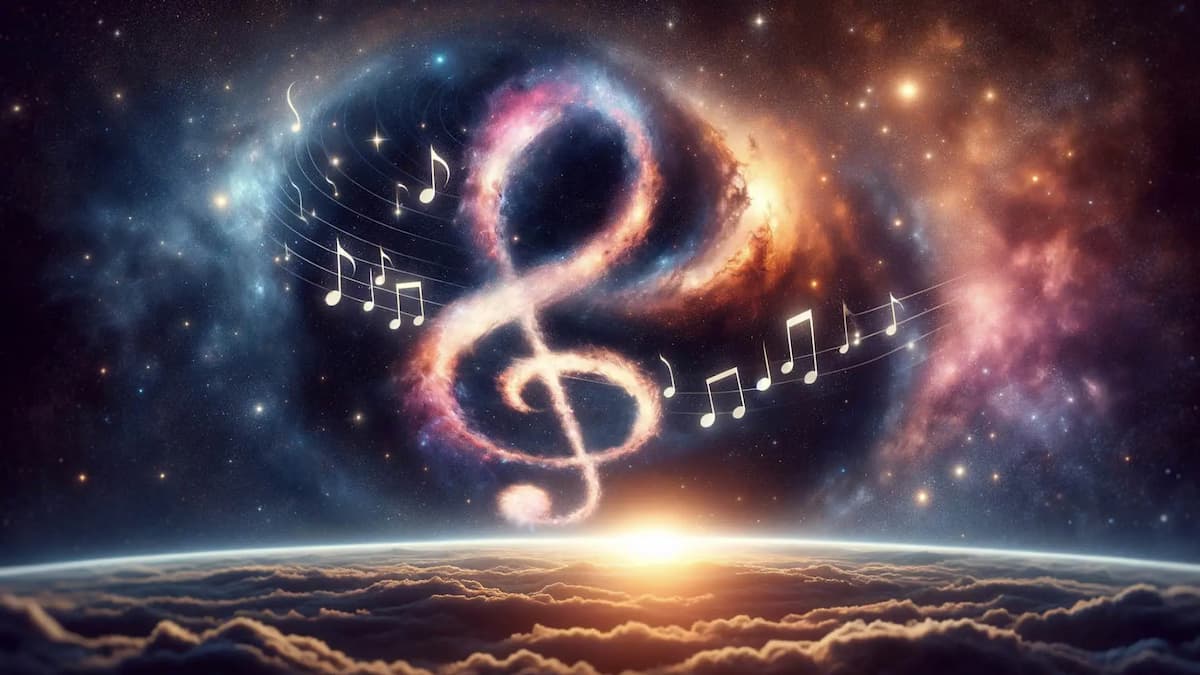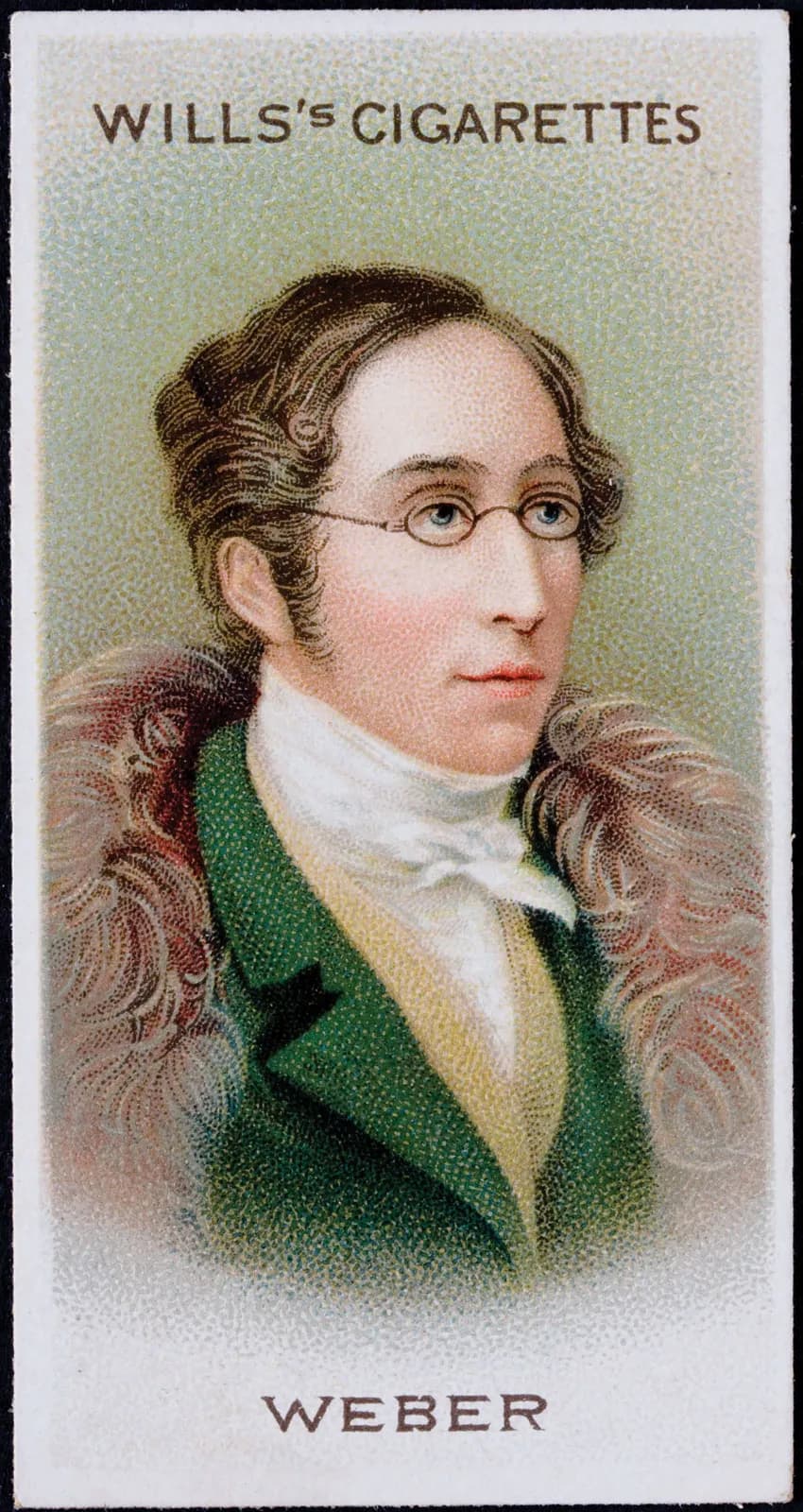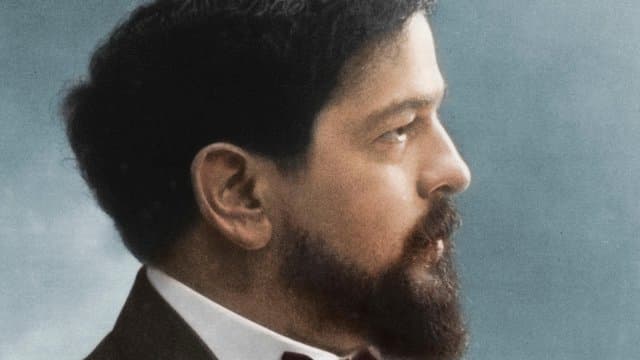Credit: Janet Horvath on Twitter
Explore
Rain, rain, everywhere…but not always where you need it. Rain can be a gentle shower or just a patter on the sidewalk, or a torrential downburst, saturating everything with WET. Let’s look at how composers depict rain. Cloudburst by American
Composers have been writing duets for violin and viola for generations. Today, we’re sharing some of our favorite examples from the genre. From the classical elegance of Haydn and Mozart, to the rich Romanticism of composers like Spohr and Kalliwoda,
Many pieces of classical music are famous for their massive scale. Maybe that’s why so many composers have written classical music about the vast expanse of outer space. Today, we’re looking at fifteen pieces of classical music inspired by other
Carl Maria von Weber (1786-1826) was a crucial figure in the development of German Romantic opera. In fact, Der Freischütz was hugely popular and regarded as the first German opera ever. However, Weber was also busy in other fields, as
Debussy was born in 1862 in Saint-Germain-en-Laye, a suburb of Paris. Over the course of his career, he became one of the twentieth century’s great musical revolutionaries. Debussy’s music is known for its impressionistic style and French identity. Debussy is

